FORT SHAFTER FLATS, Hawaii - When Chief Warrant Officer Leonardo Bereton drove his 1999 Ford Expedition into the Auto Skills Center, here, Jan. 10, he was certain that two things would happen before leaving the shop for do-it-yourself mechanics.
One, the four wheels on his sports utility vehicle would be perfectly balanced.
And two, and more importantly, his wallet wouldn't be considerably lighter - despite escalating prices everywhere.
"The main thing for me is to save money," said Bereton, U.S. Army-Pacific G-4. "Now I'm an officer, and I make enough to pay someone to balance my wheels. But I like to put whatever I earn into other things."
In Bereton's case, all that was required was that he rent one of the shop's bays equipped with a lift, remove the tires himself with center-provided tools, then wait as the tires were checked by one of the shop's workers and properly balanced with weight clips.
After about 30 minutes, Bereton put the tires back in their newly rotated positions and tallied up his bill. At a reasonable rate of $4 an hour to rent a lift-bay, and $6 to balance each tire, the Army officer knew he had saved anywhere from 40 percent to 75 percent over what an outside service would have charged for parts and labor.
"I've been using skills centers for about 14 years, everywhere I've been in the world," said Bereton, who is currently on his second tour of duty in Hawaii. "To me, it's always better to do it here."
ASC manager Carl Morinaga agreed.
"I would think most people save at least 50 percent at a skills center," he said. "Plus, it's better when people do it themselves because then they know the work's been done correctly."
As a service provided by the Directorate of Family and Morale, Welfare and Recreation, the ASC, here, and at Schofield Barracks, possesses the necessary tools and equipment to satisfy just about any type of repair job.
As a result, hundreds of customers visit these centers each month, all prepared to roll up their sleeves and get a little bit greasy.
The clientele usually varies, from those who know their way around a car engine, to those whose knowledge of vehicles may be limited to turning the ignition on.
Tasks, however, remain the same - from fairly common brake jobs, and oil and tire changes, to the more complex transmission repairs and engine overhauls.
And while the centers provide cost-efficient alternatives to outside businesses, they also serve as mini-schools by helping patrons become more self-sufficient in regular car maintenance.
Staffed by automotive experts, the centers' instructors remain on hand to provide advice and computer printouts on how to complete just about any repair job. Occasionally, they'll even jump in and lend a hand.
"Like anything else, you can give a man a fish or you can teach him how to fish," said James Casey, ASC manager, Schofield Barracks. "If you teach him to fish, he can eat forever.
"The same (principle) holds true at these centers."
Instructors do perform routine repair jobs, if requested, for nominal fees, but the idea behind these centers is for the client to do the work him or herself.
Of course, the centers' staff will sometimes make exceptions and go beyond the call of duty.
"If a woman whose husband has been deployed comes in, for example, we may do auto repair services for her that we wouldn't normally do for other personnel," Casey said. "That's because we know she's by herself and she's looking for help."
In addition to meeting customers' automotive repair needs, the centers also provide other invaluable services, including automobile towing, car safety inspections, and long-term storage spaces for vehicles and recreational vehicles, RVs (only at Schofield), and boats and watercrafts, such as Jet Skis.
Some boat harbors on Oahu charge upwards of $140 a month to store sea vessels, Casey noted.
"But we rent our spaces out for $30 a month, which is a substantial savings for boat owners," he said.
Of course, there is another advantage to these centers that may be just as important as keeping cash in customers' pockets.
"I think the biggest benefit is that they serve as stress relievers," said customer Gary Dunn, a computer technician with the Information Management Office at USARPAC. "You have guys coming home from war, and they've got to find something to blow off steam, so they come in and start working with their hands, and they feel better about themselves."
That experience, Dunn added, "is priceless."
The centers are open to all active duty and retired military, Reservists, and Department of Defense and Army & Air Force Exchange Service civilians. They operate on a first-come, first-served basis, with customers presenting their I.D. and Standard Operating Procedure cards (a safety test administered on-site) at the centers' tool shops prior to beginning ASC work.
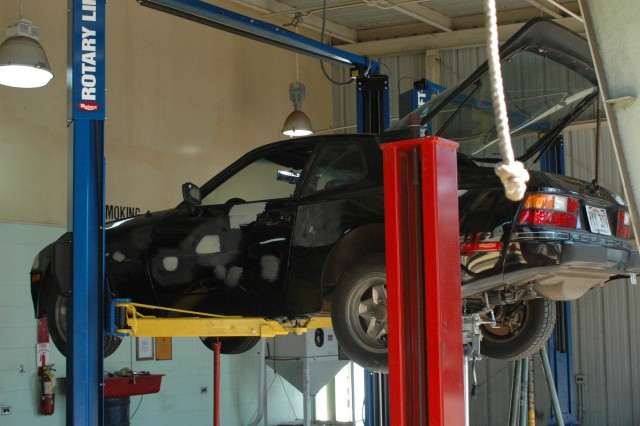
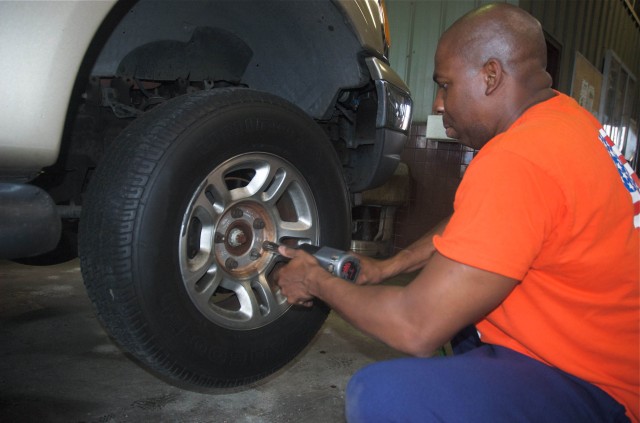
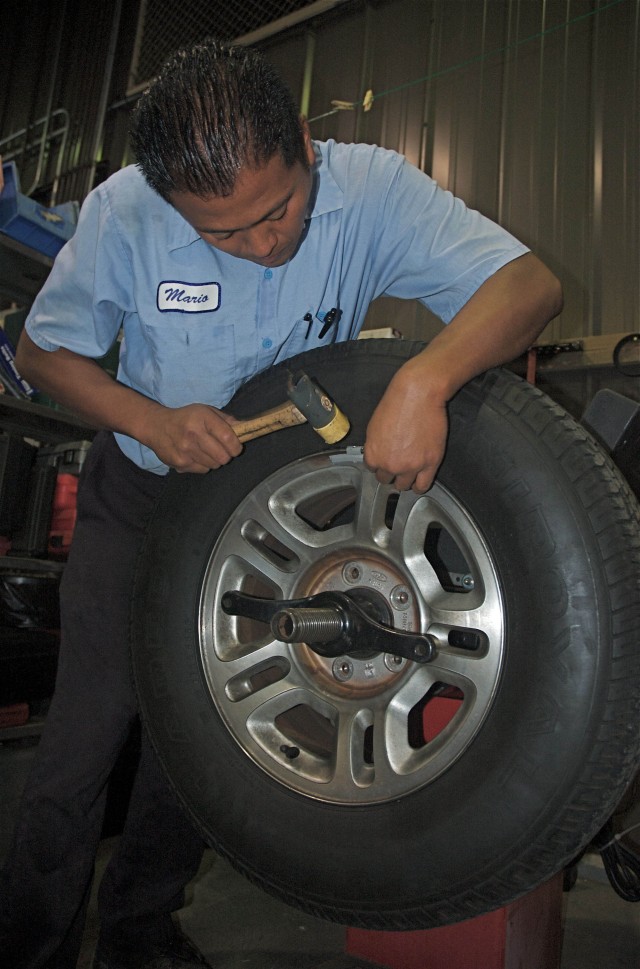

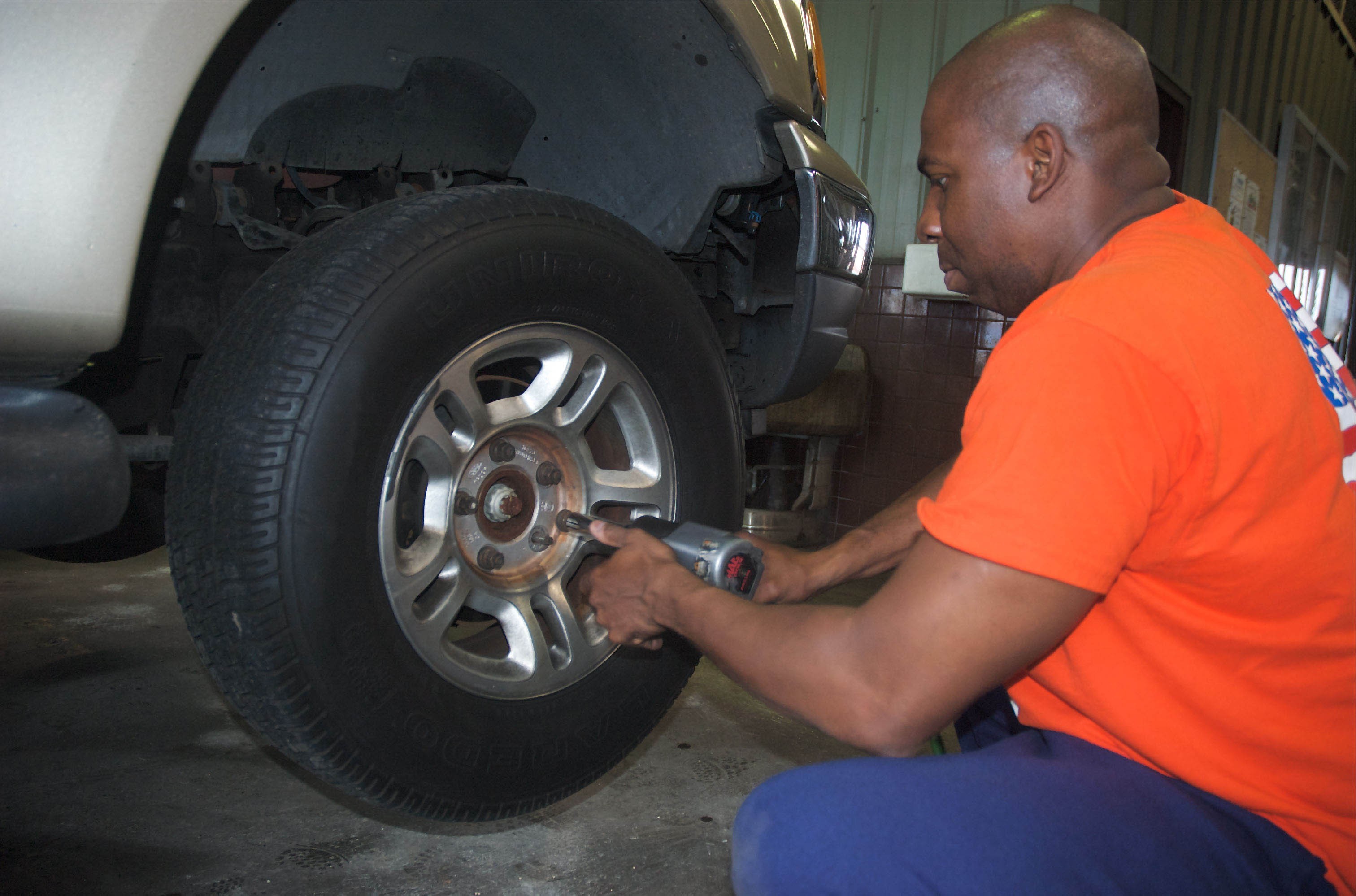
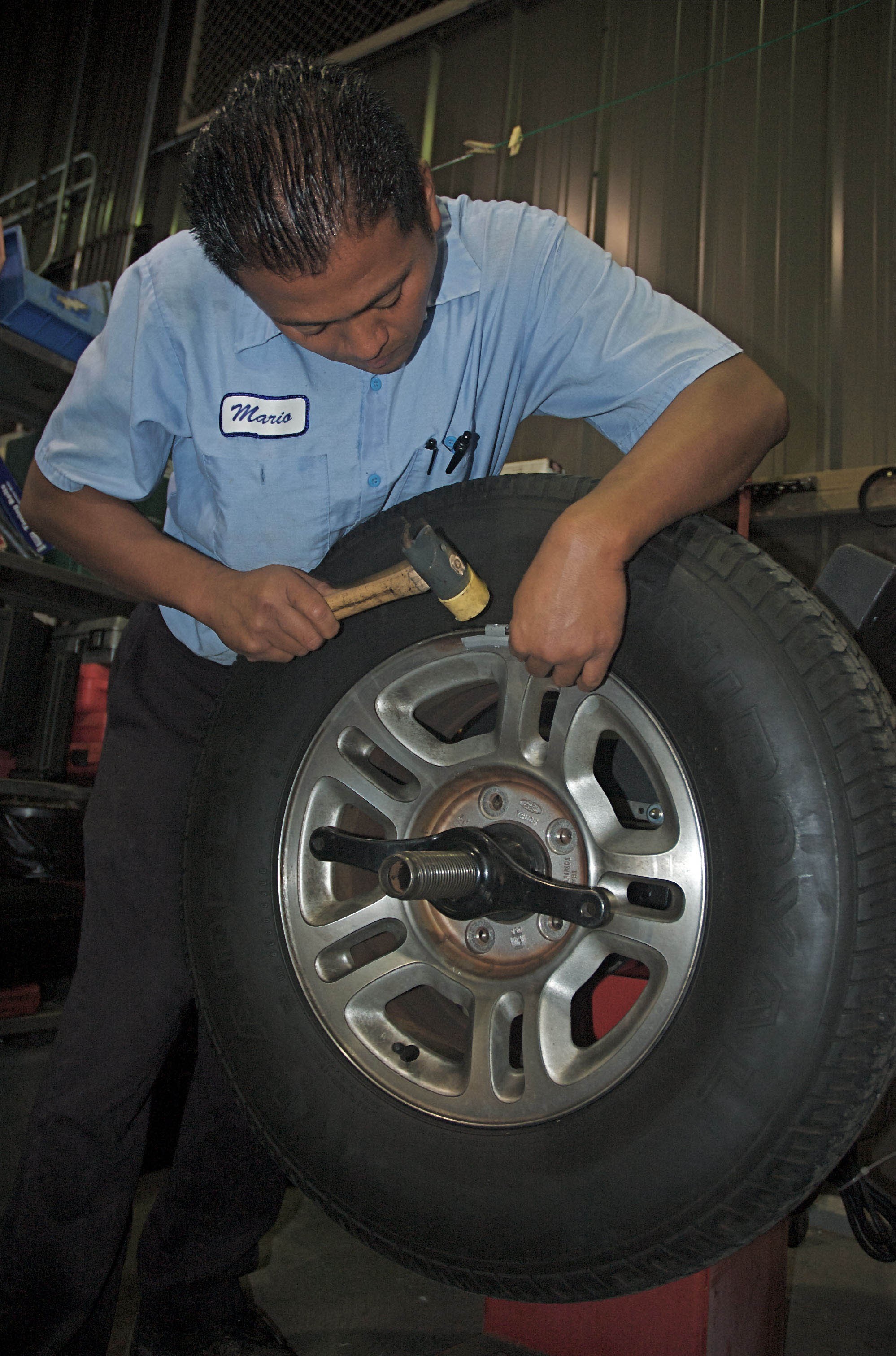
Social Sharing